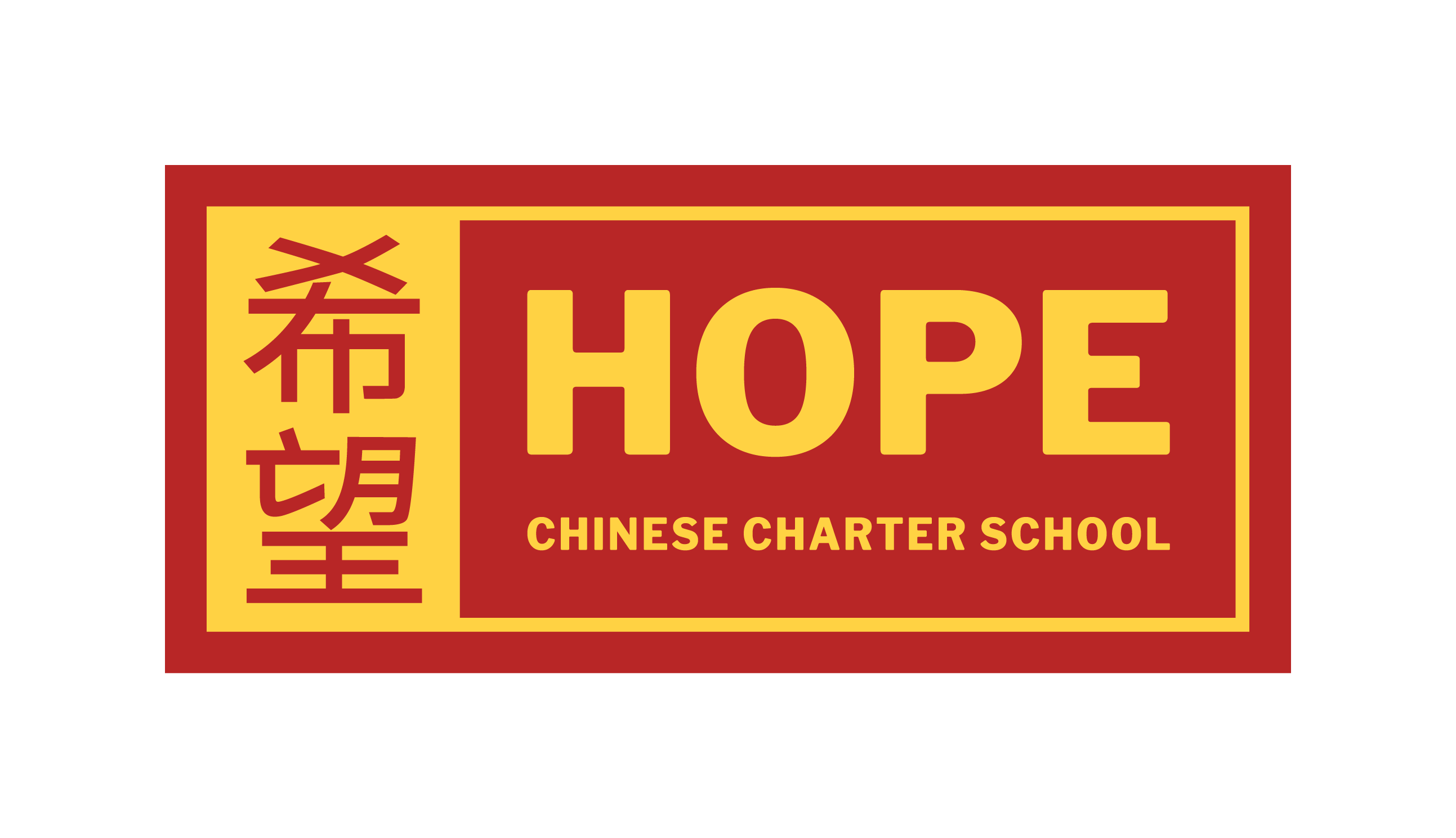Student Support
Our robust student support ensures the success of all our students.
From ESL to TAG to our own unique Multi-Tiered Student Support, we offer in-depth guidance that’s tailored to each student here at Hope.
Student Centered Learning
To inspire excellence in all of our students, we take a Whole Child approach that recognizes and addresses the full scope of a child’s developmental needs including social, emotional, physical, and academic. This looks like:
- Student-Centered and Project-Based Learning
- Individualized Learning Support
- A Full-Time, Onsite School Counselor
- Social Emotional Learning
- Research-Based Teaching Practices
Multi-Tiered Student Support (MTSS)
As students progress along the continuum of academic skills, individual students reach different milestones at different times. Our intervention program is a tiered structure that focuses on our students who need additional support with English reading, English writing, math, and Chinese reading.
As you can see from the graphic below, this system involves many working parts that combine to support students during their time here at Hope.

Our intervention coordinator monitors data to ensure students are on the right track to meet grade-level benchmarks in each subject area. Teachers regularly collaborate to determine what can be done within classrooms to support students, and what differentiated instruction, interventions, or accommodations are necessary to help students achieve. Students can be referred by classroom teachers to receive additional support as well.
Most importantly, our goal is to ensure academic success for all of our students here at Hope Chinese Charter School, whether that means one round of intervention and support or several, whether that is for a few months or a few years, we want to do whatever is necessary to provide your student with the means they need to succeed.

English as a Second Language (ESL)
At HCCS, ESL is an additional support to help students with their English skills.
ESL stands for English as a Second Language. The ESL program will work specifically with students in small groups. We focus on specific English goals (grammar, spelling, comprehension, reading, writing, etc) depending on their levels and skills.
Before ESL begins, parents are notified that there will be additional work to support the students so they can feel more successful in English. Student progress is tracked by the ESL instructor and will update and keep in touch with their classroom teacher and parents. Beaverton School District will test students whose first language is not English and the information will be passed on to the ESL instructor who can help them with their specific needs.
The goal of our ESL system is to ensure academic success for all of our students here at Hope Chinese Charter School. We want to do whatever is necessary to provide the students with the means they need to succeed.
Talented and Gifted (TAG)
We believe that TAG should be a collaboration between parents, students, and teachers, to enrich the existing curriculum and cultivate a student’s gifts through projects that foster deeper understanding.
What is TAG?
At Hope, our instructional goal is to provide all students with opportunities for productive struggle—engaging in learning that is appropriately challenging, neither too easy nor too difficult. Many of our students are bright, motivated, and work hard to succeed. These students are typically offered a suitable level of challenge through our core instructional program.
Talented and Gifted (TAG) services are designed to meet the needs of students who demonstrate exceptional intellectual ability or advanced academic skills significantly beyond those of their peers. TAG is a needs-based service, not a label to define whether a student is “smart.” Instead, it supports students whose learning needs cannot be fully met through general classroom instruction alone.
How Are TAG Students Identified?
All 3rd grade students at Hope are screened for intellectual giftedness using the Naglieri General Ability Test (NGAT). For students in other grade levels, TAG testing may be available based on a combination of factors, including teacher or parent requests.
The NGAT includes three subtests that assess different aspects of cognitive ability:
- Verbal reasoning
- Quantitative reasoning
- Nonverbal reasoning
For more detailed information about the NGAT, you can visit the official website: https://naglierigiftedtests.com/

See For Yourself
Take a Virtual Tour or sign-up for an upcoming in-school tour or open house.

